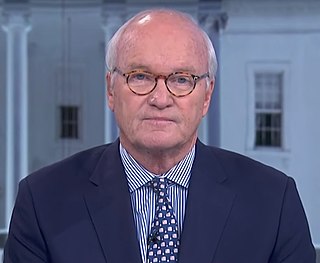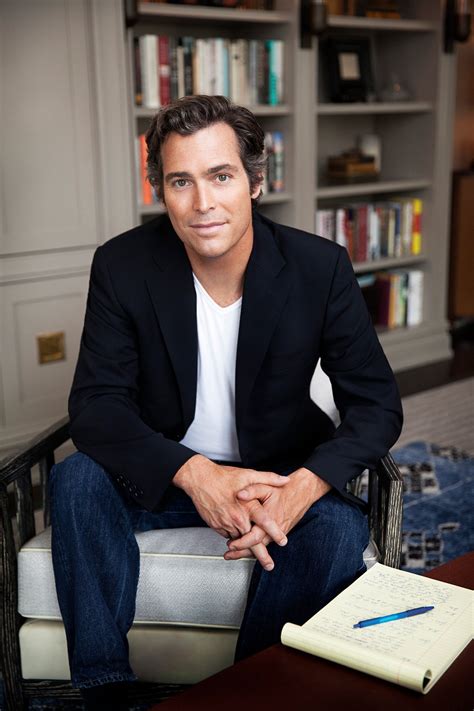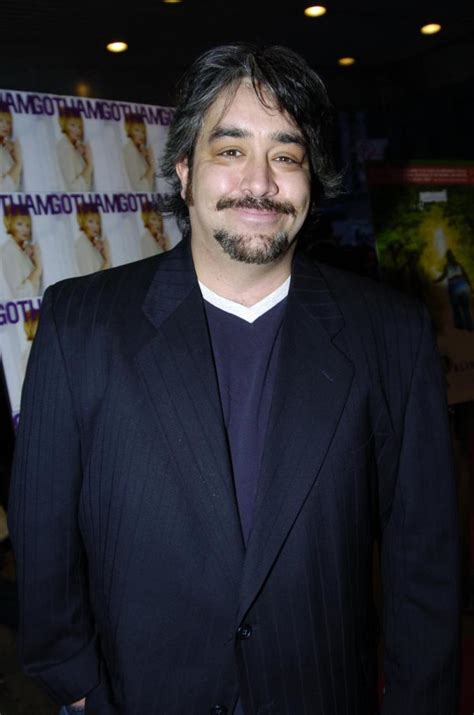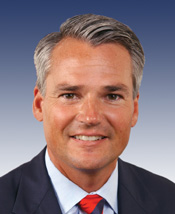A Quote by Mike Barnicle
If you want proof of what the country is really all about, just walk through the National September 11 Memorial Museum. Here it is, in the faces of the victims, in the stories of bravery, in the souls and memory of the survivors, the next of kin.
Related Quotes
The one thing that's missing from the 9/11 Memorial & Museum, and I don't imagine we'll see it any time soon, is that there's no memorial to the hundreds of thousands of Iraqis who died because of how the memory of 9/11 was used. Memory is a very interesting thing. We very selectively curate our story and then stop when it begins to tell other people's stories and forces us to accept some kind of culpability. One reason I write is that there's not enough Muslims writing, Pakistanis writing, not enough people of faith writing about the complexities of our experiences.
I go into a gallery or museum, and I realize that I don't have to formulate any opinions if I don't want to. I don't have to think this thing through and write about it at any great length. I can think about it if I want to; if not, I can just walk out. So I can enjoy painting really a lot more than I could when I had that sort of pressure.
I've thought about bringing my children to retrace my own steps of the morning of September 11, 2001, but they're too young for that. Maybe when they're twenty. Maybe by then, even though it's been only a short subway ride away for years now, I'll have the nerve to see the 9-11 memorial for the first time.
Consistent with section 202(d) of the National Emergencies Act, 50 U.S.C. 1622(d), I am continuing for 1 year the national emergency previously declared on September 14, 2001, in Proclamation 7463, with respect to the terrorist attacks of September 11, 2001, and the continuing and immediate threat of further attacks on the United States. Because the terrorist threat continues, the national emergency declared on September 14, 2001, and the powers and authorities adopted to deal with that emergency must continue in effect beyond September 14, 2010.
September 11 either made me love this country or it made me realize how much I already did. I think it's the latter. Seeing "Fahrenheit 9/11" made me think deeply about love of country - how it molds us, drives and emboldens us and how it can sometimes make us so angry, we want to shout out to the world: 'No, this is wrong.'
September 11 was, and remains, above all an immense human tragedy. But September 11 also posed a momentous and deliberate challenge not just to America but to the world at large. The target of the terrorists was not only New York and Washington but the very values of freedom, tolerance and decency which underpin our way of life.
On a more personal note we in this country we have a very tragic situation occur at one of our universities and, it really has taken the country aback and there's a real grieving process that we're going through, And going through it mourning and learning about the victims and-learning about it and showing our support, you know, I hesitate to say, how does your country handle what is that type of carnage on a daily basis?
We sit at our consoles and play "Gears of War", but we don't see images from war. We don't turn on the news and see the evidence of war, the result of war. Maybe twice a year, Memorial Day, Veterans Day, we'll go out, we'll hang our flags, we'll try to inculcate in our children some sense of national honor for the fallen. But really, we don't see it. We just don't see the pictures. There's no drive-by on the freeway of death up close. So we don't really see bravery.

































